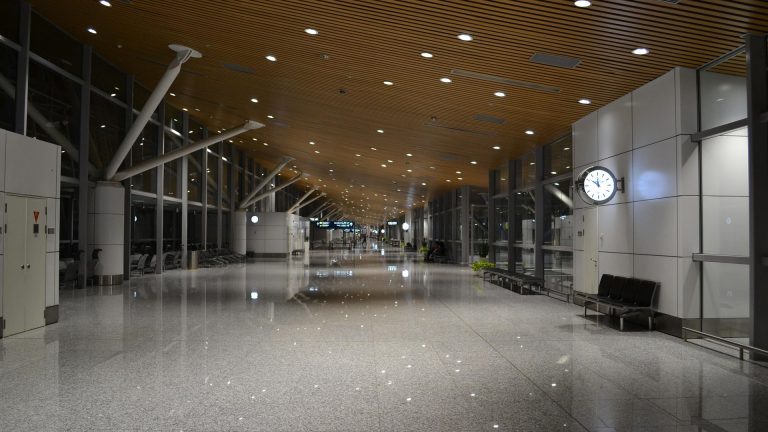The end of the Summer is upon us and for many people that means officially having to close up shop at the campground or marina. Boats and small campers have been utilized to their fullest for the last few months and may need either minor or major repairs prior to being stored away until next year’s vacation season.In dealerships or facilities that repair, restore, distribute or even manufacture boats, campers and trailers there is nothing that makes the job easier than a trailer pusher. In environments where a trailer pusher isn’t available, employees might be required to move a heavy trailer manually, which could potentially result in serious injury. A trailer pusher quickly and easily hooks up to standard ball coupler, gooseneck or kingpin trailers and allows a single person to safely move even a heavy camper or boat from one location to another, with minimal chances of personal injury or damage to the unit or surrounding property.Trailer pushers are compact in design and operate on battery power, which means that they are quieter while in use and quite a bit easier to store than a bulky, propane operated forklift. A trailer pusher has a much tighter turning radius than a full size forklift so employees will have a much easier time maneuvering boats and campers around in small repair bays or crowded parking lots, resulting in less of a chance of bumps, scrapes and scratches that would make for unnecessary additional work.Boats, campers and trailers are just too large and cumbersome for employees to try and move around manually and using improperly designed equipment will often result in accidental minor damage. Using a trailer pusher to get a boat or camper from point A to point B on the assembly line or in the repair shop is the best way to keep both your employees and the units themselves as safe as possible when a move needs to be made.

Transform Your Manual Carts with the Powered Retrofit Cart Kit
In today’s fast-paced industrial and hospitality environments, efficiency and safety are paramount. Our Powered Retrofit Cart Kit is a game-changer, designed to convert manual carts

